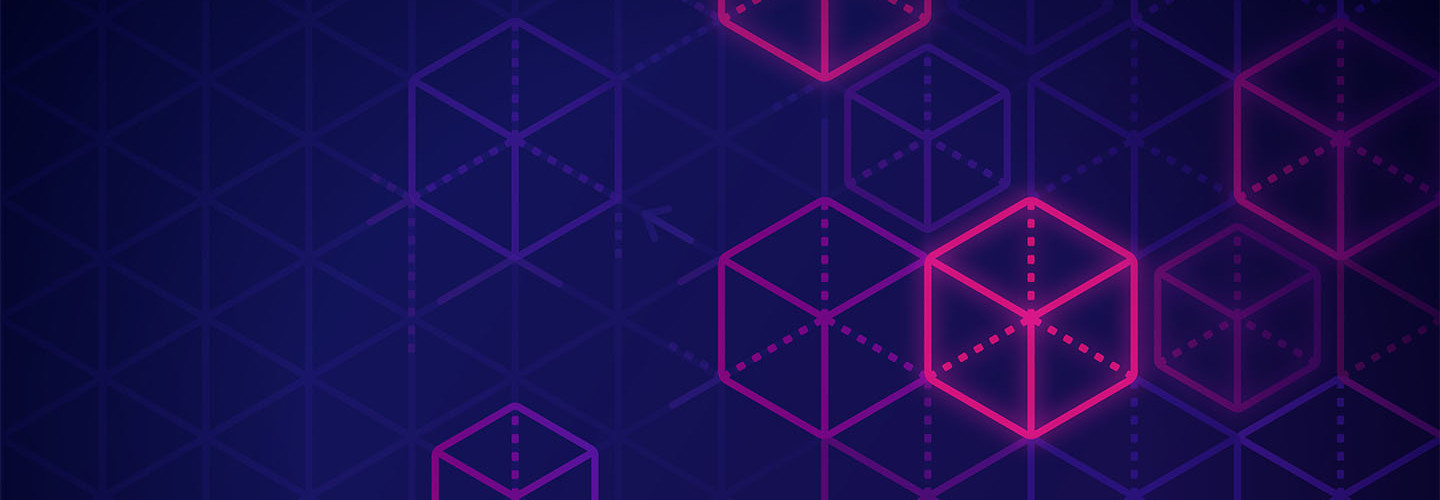4 Things Experts Want You to Know About Blockchain in Higher Ed
Though cryptocurrencies like bitcoin seem to have an uncertain future, the same can’t be said about blockchain, the electronic ledger and database technology used to store them.
At universities, blockchain is poised to help in aspects of data management, credentialing and research. From boosting security to enhancing access, the e-ledger tool has a lot of possibility.
Here are four ways experts think blockchain has a place in higher education:
SIGN UP: Get more news from the EdTech newsletter in your inbox every two weeks!
1. All Learning Experiences Become Trackable
The higher education experience is different for every student and experts believe that blockchain could create a better way to track it. With students transferring from other institutions and with the rise of microcredentials, Phil Komarny, vice president of innovation at Salesforce and former chief digital officer at the University of Texas, tells EdSurge that blockchain could allow students to keep all of their credentials in one place and truly “own” their proof of learning.
EAB, an educational research board that specializes in data, reports in a blog that using blockchain for credentials could entice students from community colleges to transfer to universities because their educational experience would be automatically recognized.
2. Students’ Credentials Could Be More Accessible
With a blockchain record of their education, students are able to package informal and formal learning experiences to share with prospective employers.
“Until now, institutions have been the primary owner of transcripts and educational records,” says Veronica Diaz, director of professional learning at EDUCAUSE, in an EdTech article. “Blockchain affords the ability for students to display, assemble and augment learning experiences in a way that’s more appealing to employers.”
Generally, students will want to track their education in blockchain because they understand its ability to help tell employers exactly what they’ve learned, Aparna Krishnan, a University of California, Berkeley student and head of the Blockchain at Berkeley student group, tells EdSurge.
Roberto Santana, advisor to product and strategy at BitDegree, tells EdSurge that blockchain will also make it harder for students to list fraudulent credentials when applying for jobs.
3. More Secure Data Creates Opportunities
Komarny tells EdTech that blockchain can ease data management by adding security, and in turn, create more possibilities and empower innovation.
“Part of blockchain’s benefit is it creates this trust that’s layered into what we do,” he says in the article. “That gives us the ability to think differently about all policies and procedures. You start to look at the constraints that have been put in place because of the way the architecture was. We’re really changing the story.”
4. Researchers Could Boost Open Education
Blockchain can drive innovation for university researchers as well. EAB reports that if researchers use blockchain to announce the publication of educational resources, they can notarize copyright at the date of publication and later track reuse of materials.
This process would make the published research more readily available by cutting out the intermediary — often academic books and journal publications — and its costs for viewing the research, EAB notes.
“Accurately tracking the sharing of knowledge without restrictions has transformative potential for open-education models,” reports EAB.
All in all, blockchain allows students, educators, administrators and researchers to explore new possibilities.








